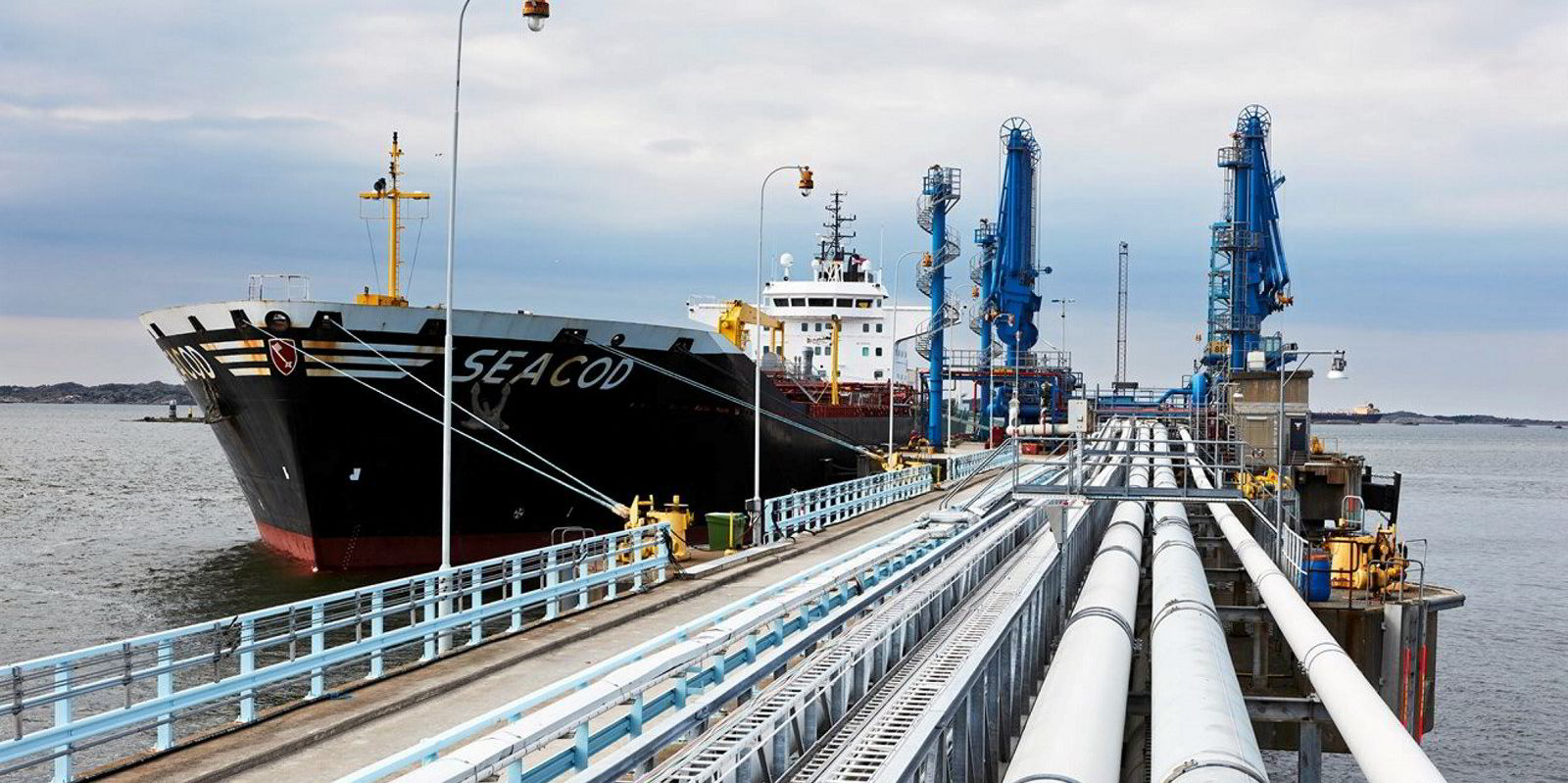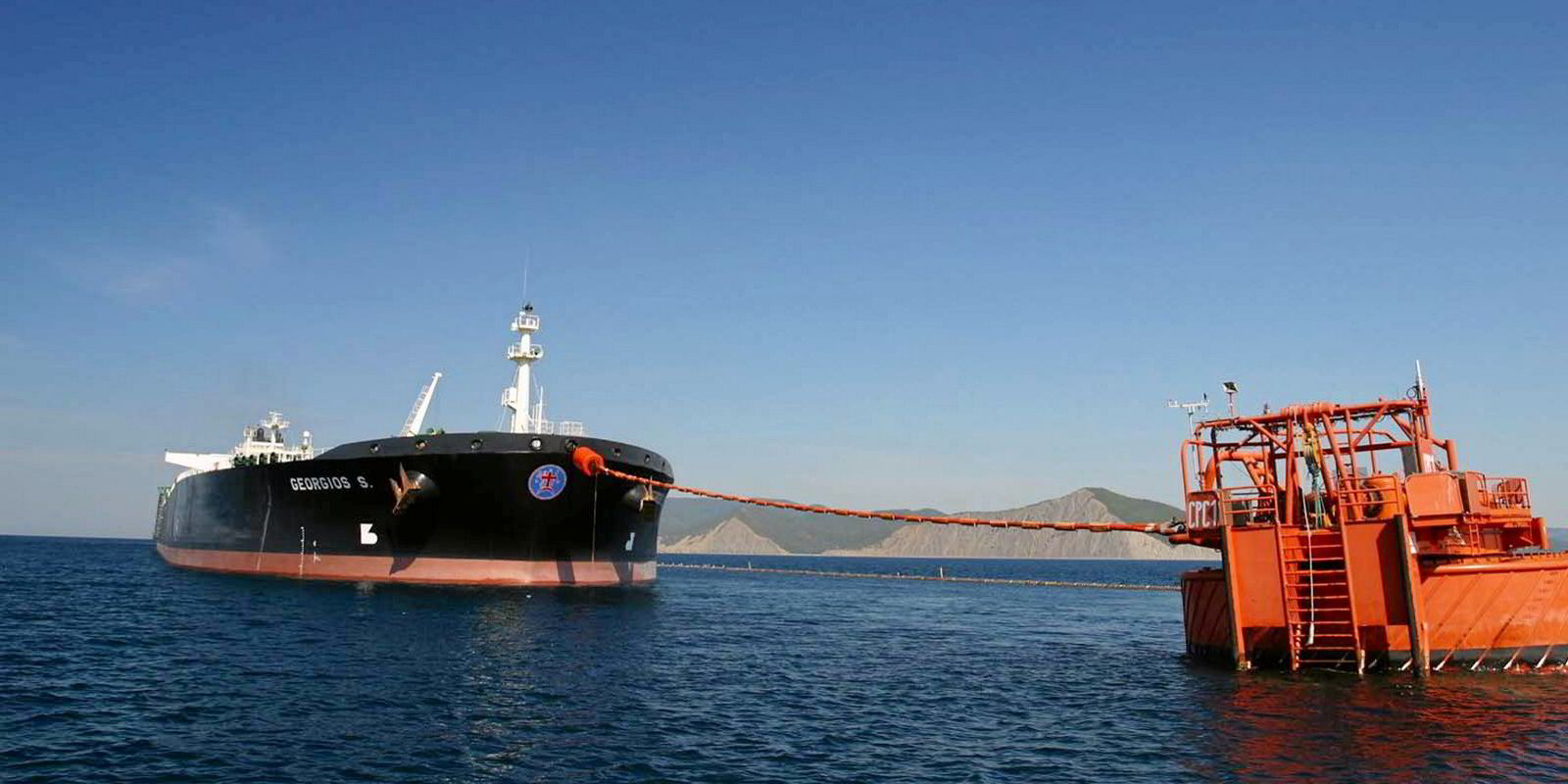There are now more product tankers in ballast than carrying cargoes in the Atlantic basin for the first time since February.
This is putting pressure on rates west of Suez, French shipbroker BRS said.
The winding down of refinery strikes in France has seen overall imports of clean products into Europe increase sharply.
Preliminary data suggest that 4.8m barrels per day (bpd) are set to arrive in Europe in April, which will be only slightly lower than the region’s record set in December 2022.
This is up 1m bpd month on month.
About 65% of these flows are estimated to be middle distillates, imports of which hit a five-year high from the Middle East in March.
But combined outflows from countries east of Suez are on track for a 10% decline in April compared to March.
BRS argues Middle East to Europe middle distillate flows are likely to remain elevated over the next month as Asian output drops, due to refinery turnarounds in South Korea, Japan and Singapore.
But there is likely to be an overall decrease in import requirements into Europe in the short term, due to a closed east-to-west price arbitrage.
“What is more, the increased inflows of cargoes west of Suez region over the past month has inflated the availability of MRs in the area,” the broker said.
“As fleet deployment has decreased, ballasters have surpassed laden vessels as a percentage of the fleet for the first time since end-February west of Suez,” the Paris-headquartered company added.
Atlantic rates are expected to continue to trade at a discount to the Pacific in the short-term, BRS said.
Inventories to be drawn down
Another key issue which has been working its way through western MR markets has been the steep diesel inventory builds which occurred in Europe in the build-up to February’s introduction of the European Union embargo on Russian refined product imports, BRS said.
Although low, about 38m barrels, or 10%, were added to reserves in the fourth quarter.
However, by end-March these stockpiles had reversed course and were drawn down by 10m barrels.
“Expectations are that these will continue to draw going forward,” BRS added.
This, therefore, adds to the notion that Europe will have to increasingly look to the Middle East and Asia going forward if it is to adequately replace the 700,000 bpd of diesel it was importing from Russia.
All told, this trend should continue to add to global LR tanker demand, the broker said.





